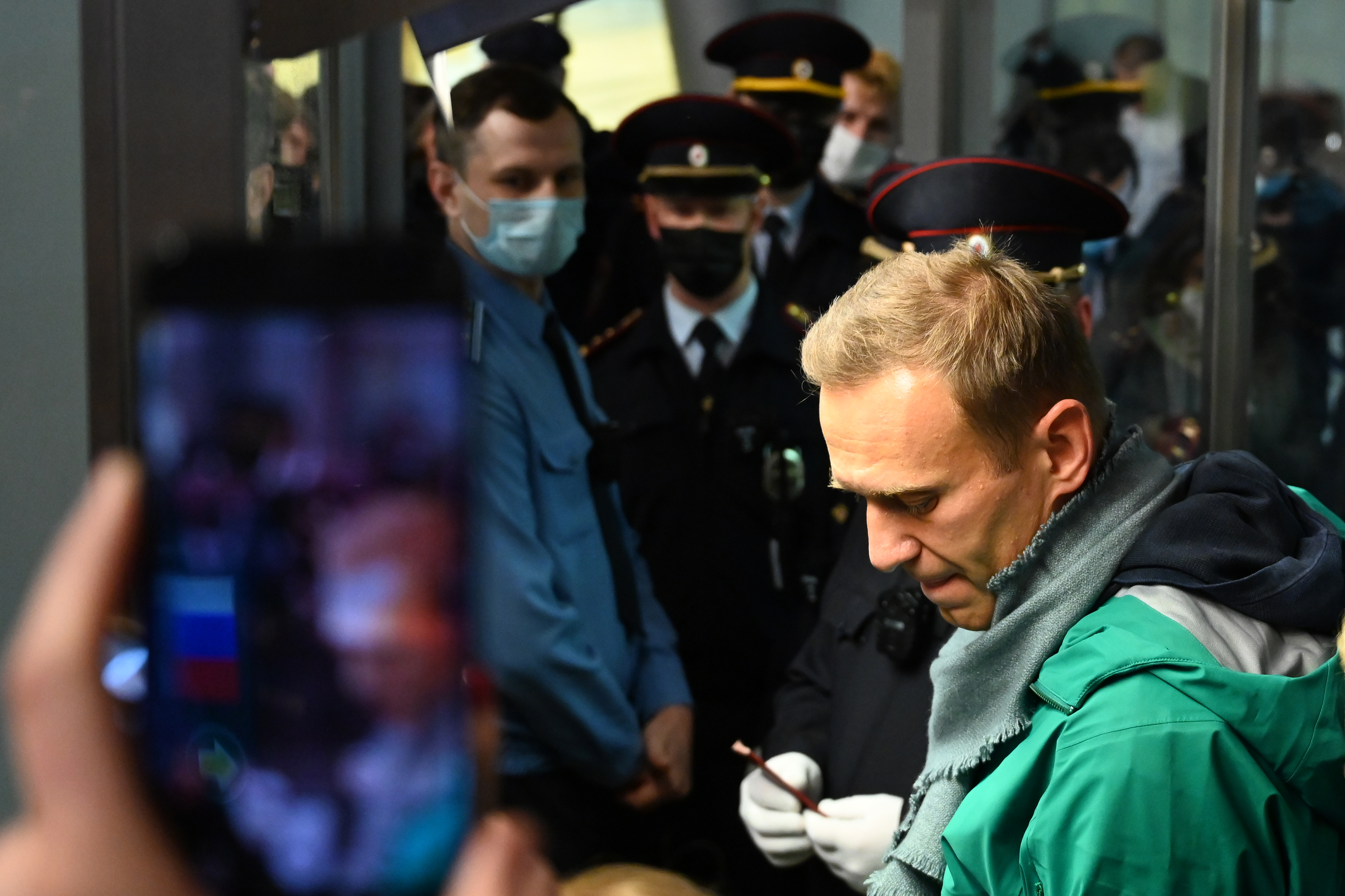Hungary's government orders LGBT publisher to place disclaimer on children's books
- Stay updated on the latest news from Hungary by signing up for the free InsightHungary newsletter:
The Budapest Government Office on Tuesday ordered a Hungarian publisher to place a disclaimer on books that "display patterns of behavior that differ from traditional gender roles" after the publisher released a collection of fairy tales featuring LGBT and non-white characters.
The office claimed that the Labrisz Lesbian Association, an advocacy group for lesbian, bisexual and transgender women, had committed "dishonest commercial practices" by failing to inform potential readers of the contents of its book, "Wonderland is for Everyone."
"Consumers may thus unknowingly encounter content that goes beyond the usual content of fairy tales, and may decide to purchase the book on the basis of misleading information," the office argued.
Labrisz called the decision "discriminatory" and unconstitutional, and said it would challenge it in court.
The book, which sparked controversy in September after a neo-fascist politician fed it into a paper shredder during a press conference, re-tells traditional fairy tales using what the publisher called characters from "stigmatized or minority groups." In one story, a prince marries another prince, and in another, a doe is granted a wish to become a buck. Other stories feature Roma and disabled characters.
Speaking about the book in an October radio interview, Prime Minister Viktor Orbán equated homosexuality with pedophilia, saying that Hungarians are "patient and tolerant" of homosexuality, "but there is a red line: leave our children alone."
In a statement on its website, Labrisz encouraged readers to report other well-known children's tales to the consumer protection authority for depicting non-traditional gender roles.
"Were you shocked that you had to watch two men, Timon and Pumba, provide a safe family background for Simba without prior notice? Are you outraged that Sleeping Beauty grew up in a loving household created by three women? Maybe another tale blew your fuse? Then your time has come! Turn to consumer protection!” the group wrote.
Labrisz has filed a defamation lawsuit against the publisher of pro-government newspaper Magyar Nemzet, as well as the author of an article published there which accused the organization of pedophilia.
"We must judge the book 'Wonderland is for Everyone' as we judge pedophilia, and judge Labrisz ... as we judge a pedophile organization, because that's what this is about," the article's author, György Németh, wrote in Magyar Nemzet.
Russian vaccine approved by Hungary's medicines regulator
Hungarian authorities on Wednesday approved the Russian coronavirus vaccine Sputnik V and the Oxford-AstraZeneca vaccine, the director of the National Institute of Pharmacy and Nutrition (OGYÉI) told state television station M1.
Mátyás Szentiványi said the organization had given six-month emergency authorization to the Russian vaccine, which could be extended by another six months. The OGYÉI now awaits a decision by the National Public Health Center on whether the vaccine can be rolled out, which could take several weeks.
Neither Sputnik V nor the Oxford-AstraZeneca vaccine has been approved by the European Medicines Agency, but member states are permitted to issue temporary emergency authorization to vaccines produced by companies with which the European Union has not concluded contracts.
The EU has agreed to purchase 2.3 billion vaccine doses from manufacturers Pfizer-BioNTech, Moderna, AstraZeneca, Janssen, Sanofi-GSK and CureVac. Hungary may therefore conclude its own agreement for purchasing Sputnik V, but must wait for the European Medicines Agency to approve the Oxford-AstraZeneca vaccine.
Around 1.5 million people have been inoculated with the Sputnik V vaccine in Russia so far, and Russian authorities submitted it for examination by the European Union this week, which will reportedly begin in February.
If Sputnik V is approved by the National Public Health Center, Hungary will be the first EU country to use the Russian vaccine. Serbia has already begun administering the vaccine.
As we reported last week, Hungary has concluded an agreement with the Chinese state-owned pharmaceutical company Sinopharm, which produces the first vaccine approved for use in China. Gergely Gulyás, the prime minister's chief of staff, announced last week that up to 1 million doses of the vaccine could soon arrive in Hungary.
On Tuesday, a virology research group at the Pécs University of Science wrote on Facebook that preliminary data on the Sinopharm vaccine shows that it is 79.34 percent effective, significantly lower than the 95 percent reported by the Pfizer-BioNTech and Moderna vaccines currently being distributed in Hungary.
"It is important to note that reports indicate this vaccine provides 100 percent protection from severe illness!" the group wrote, and called the vaccine "promising."
If the vaccine's third phase of tests produces similar results, and EU and Hungarian authorities approve it, the researchers said they would "definitely" recommend its use in Hungary.
In a Friday interview with public radio, Prime Minister Viktor Orbán pressured Hungarian authorities to approve the Sinopharm vaccine.
"There is a Chinese vaccine that we can acquire in large quantities. The channels are open. Now all that is needed is for the Hungarian health authority to say that it is in order," Orbán said.
Unused vaccine doses being thrown out - Átlátszó
An unnamed doctor told investigative reporting outlet Átlátszó that unused doses of the coronavirus vaccine are being thrown out at vaccination centers when patients do not appear for scheduled inoculations.
"There's no visible vaccination plan, and whoever is better informed gets access to a vaccine," the doctor said. "In our ward, for example, we learned that vaccinations were beginning when we heard that they were vaccinating in the neighboring building."
In the vaccination centers they clearly don't know what to do at the end of the day with the vaccine doses of people who didn't appear as planned. We would have liked to administer these leftover doses to patients in our ward, or to the family members of hospital workers. But we couldn't do either, because the people working at the vaccination centers are afraid of retaliation if they dare to deviate from the instructions, even if it means throwing out multiple doses of the vaccine," the doctor said.
At a press briefing of the Emergency Task Force on Wednesday, chief medical officer Cecilia Müller said she was "shocked" at a reporter's question regarding wasted vaccines.
"We know that the vaccine nowadays is worth its weight in gold. Such a thing surely cannot happen," Müller said.
As of Thursday, around 134,000 people had been vaccinated in Hungary, according to the Emergency Task Force. Just under 100 coronavirus-related deaths were registered on Thursday, bringing the rolling 7-day average to 92, the lowest since November 14. The number of hospitalized patients and those on ventilators continued to drop.
So far, 11,703 coronavirus deaths have been recorded.
Hungarian officials remain quiet on detention of Alexei Navalny
Russian opposition figure and anti-corruption activist Alexei Navalny was arrested by Russian authorities Sunday evening after flying from Berlin to Moscow, sparking widespread condemnation across the world as leaders urged his release.
Heads of government and foreign ministers in Czechia, Slovakia and Poland - all members of the Visegrád 4 along with Hungary - gave statements condemning Navalny's arrest and urging Russian authorities to release him, but neither Prime Minister Viktor Orbán nor Hungary's foreign ministry have reacted.
In a response to 444's questions on Hungary's position on the case, the Ministry of Foreign Affairs and Trade wrote, "Hungary has also joined the joint EU declaration on the matter, the text of which therefore also reflects Hungary's position."
The EU declaration condemns Navalny's detention and demands his immediate release, and also condemns "in the strongest possible terms the assassination attempt through poisoning using a military chemical nerve agent" which left Navalny hospitalized for several weeks.
Russia's security service the FSB is thought to have poisoned Navalny in August, and he became gravely ill as he flew from Tomsk to Moscow. He later was evacuated to Germany where he recovered in hospital.
Navalny has been ordered to remain in custody for 30 days before a parole hearing, which could send him to prison for years. He has called for mass protests on Saturday.
Hungary's conspicuous silence on Navalny's detention recalled a similar scenario last summer, when the government made no comment on elections in Belarus that were widely decried as fraudulent. Tens of thousands of protesters flooded the streets of Minsk for months, and police used brutal repression tactics and arrested demonstrators and journalists.
Many leaders of EU countries issued statements condemning the election and police violence, and the EU issued a joint declaration demanding a fair election in Belarus.
When 444 asked the Hungarian Ministry of Foreign Affairs for its perspective on the events in Belarus, it wrote, "Hungary has also joined the joint EU declaration, which covers this issue, among other things. The joint EU statement thus clearly reflects Hungary's position as well."




